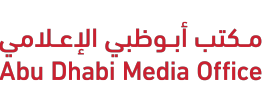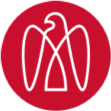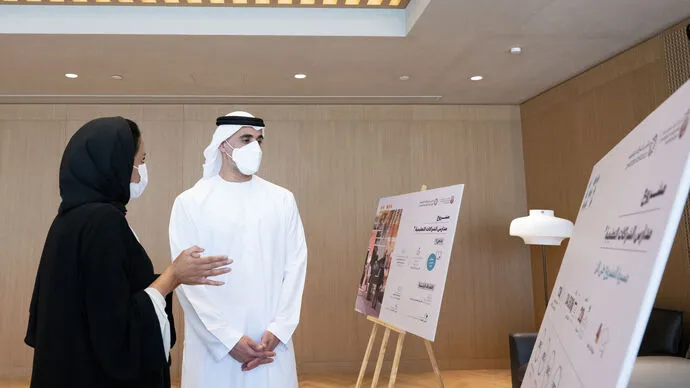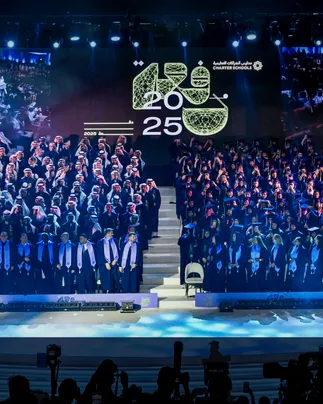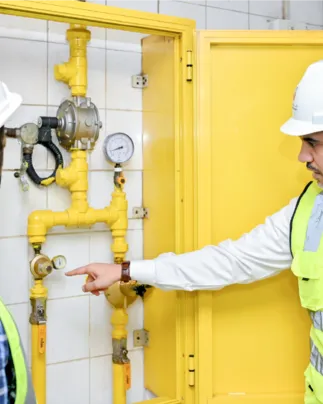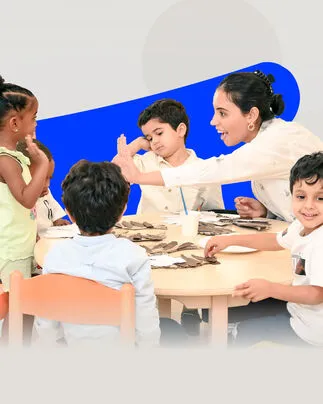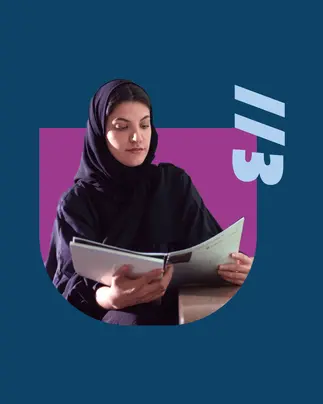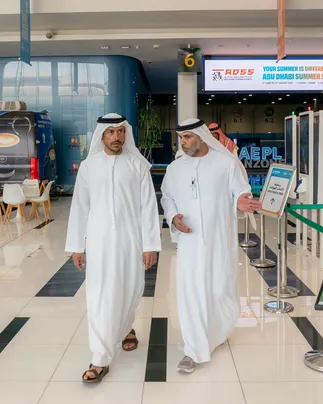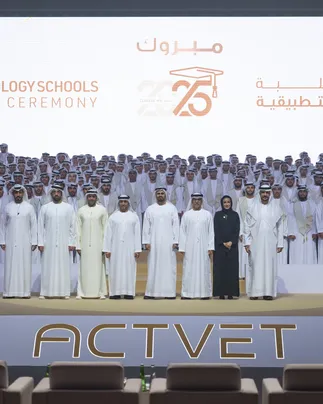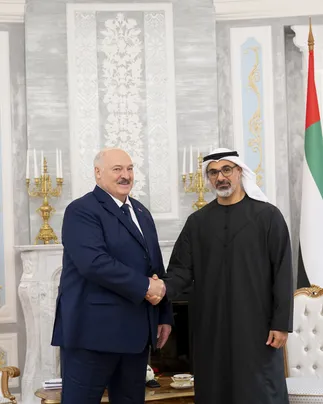His Highness Sheikh Khaled bin Mohamed bin Zayed Al Nahyan, member of the Abu Dhabi Executive Council and Chairman of Abu Dhabi Executive Office, has endorsed the expansion of the Abu Dhabi Department of Education and Knowledge (ADEK)’s charter schools programme, following the positive impact of 22 charter schools already open across Abu Dhabi.
During the meeting with senior ADEK officials, His Highness reviewed progress updates on the opening of nine new charter schools in Abu Dhabi this September, at the start of the 2022-23 academic year. This will bring the total number of charter schools to 31, offering a total of 46,500 places.
HH also commended the success of ADEK’s innovative public-private partnership model, which has already created 34,500 school places since launch, and seen 93 per cent of students progress significantly academically since enrolment.
The new schools will provide high quality education to students across KG, Cycle 1, Cycle 2, and Cycle 3, and empower more Emirati talent to access careers in the sector. This follows the hiring of 139 Emirati recruits as of 2022.
ADEK launched the publicly funded, privately operated charter schools model in 2018 with the opening of the 2,700-seat Al Rayana School. Since then, charter schools have seen rapid growth with the opening of 22 schools throughout four academic years, bringing its capacity to 34,500 seats. During the same period, enrolment in charter schools grew, with 30,198 Emiratis attending 15 schools in Abu Dhabi and seven in Al Ain.
Commenting on the expansion, Her Excellency Sara Musallam, Chairman of ADEK, said: “Charter schools focus on sustainability, enabling the ongoing provision of quality education and heightened student performance. Leveraging global practices, expertise and efficiencies, these schools are engaging students in a curriculum adapted to deliver academic, social, and personal growth.
What fills us with great appreciation for what has been achieved is the progress students have demonstrated overall and the number of Emiratis who are now employed in these schools and have embarked on careers within the education sector,” added HE Musallam.
Both the UAE economy and society are greatly benefitting from this educational model where the comprehensive curriculum is nurturing a successful generation who take pride in their national identity and culture while also being open to the world.
“These schools have a strong commitment to developing students’ individual abilities, enabling them to reach their full potential, be active members of society, and successfully enter the job market. We owe much to our private sector partners who have ably demonstrated the power of cross-sector collaboration in optimising the use of government resources and enabling our national development goals.”
The charter schools’ curriculum covers core subjects such as English, Math and Science, as well as Arabic, Islamic and Social Studies that follow the UAE Ministry of Education curriculum, plus extracurricular activities including physical education and swimming. The schools provide a supportive environment for talented students and academic intervention programmes tailored for students’ needs.
Almost all students enrolled have progressed significantly from their 2019/20 baseline results to the most recent results in this academic year. Some 95% of students progressed in reading year-on-year, 94% in math, 89% in language usage and science.
The newly planned schools will all be in defined catchment areas so that students have easy access to quality education in their communities. They will offer a modern working environment for Emirati talent to attain their potential. 139 new Emirati talents were recruited at charter schools as admin and teaching trainees following a dedicated recruitment and selection drive. All recruits undergo upskilling workshops to enhance their emotional intelligence, productivity, time management, and effective communication and benefit from career mentorship. Following 12-month trainee periods the performance of the Emirati recruits is measured and based on results, selected candidates can be hired for permanent posts with charter school partners while those wishing to pursue teaching careers are offered professional teacher training.
“Our investment in these new schools demonstrates our belief in this third education model and the pivotal role of public and private sector partnerships to help meet our goals of providing opportunity and economic diversification for the people of this nation, and for the country to become a beacon of world-class education,” commented His Excellency Amer Al Hammadi, Undersecretary of ADEK. “Education is at the forefront of our national development goals, and we are committed to empowering our youth with the skills needed to face future challenges while seizing the many opportunities that also lie ahead.
We are confident this model is supporting the development of a strong cadre of lifelong learners and critical thinkers with 21st century skills, nurturing fundamental assets in the UAE’s human knowledge capital and is future-proofing Emirati students with the skills to meet the national agenda and create a sustainable, knowledge-based economy which will enhance our global competitiveness.”
